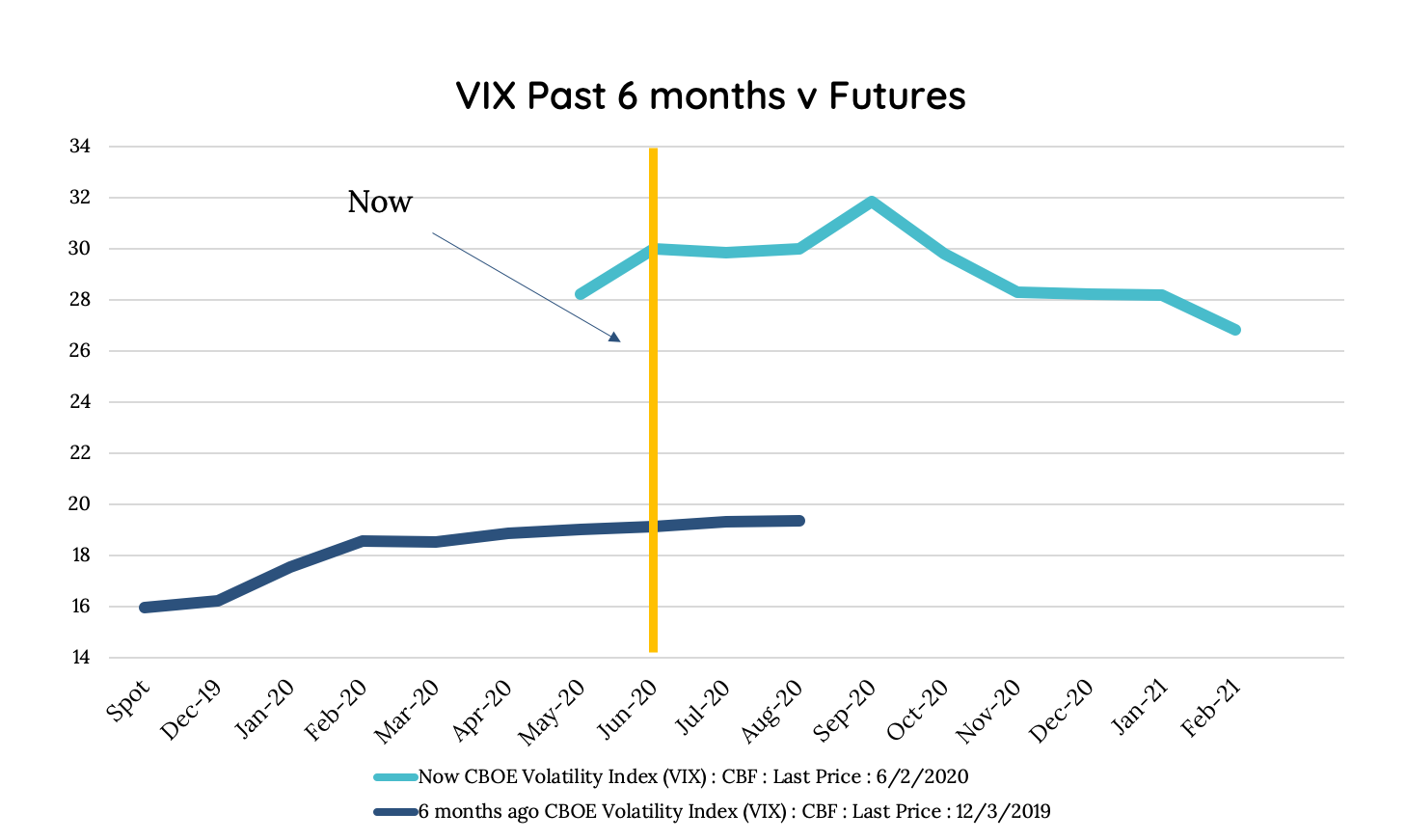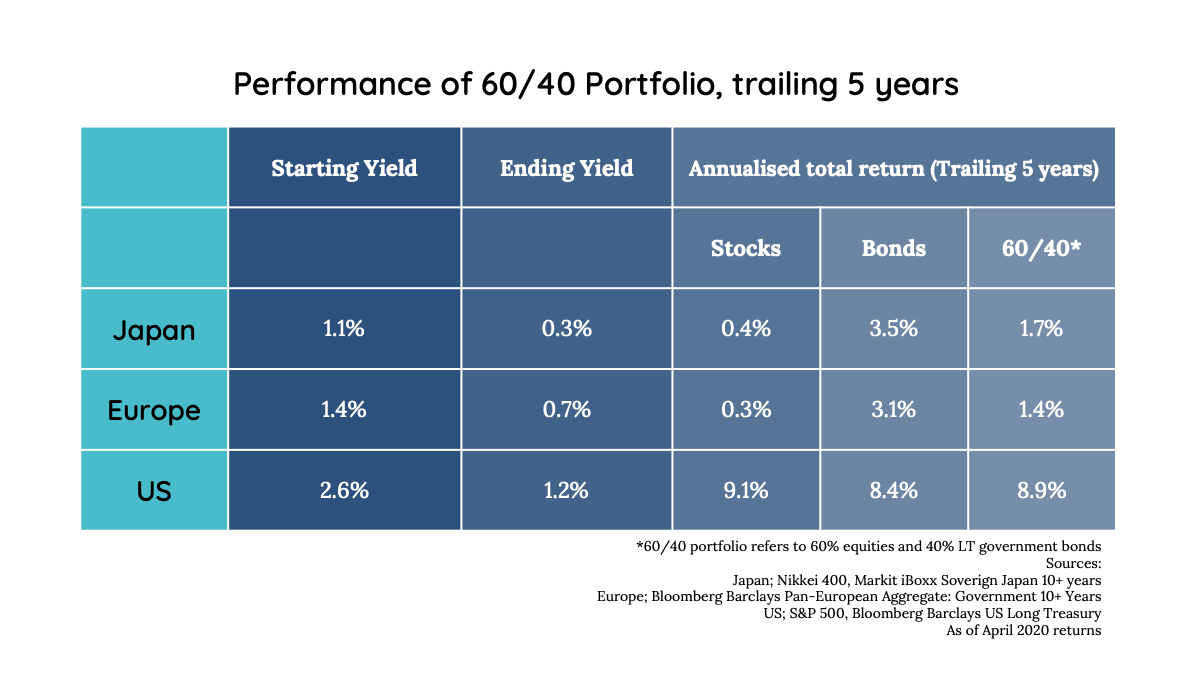“Anything can happen, at any time.”
“Anything can happen, at any time.” - Joseph Goldstein, Buddhist teacher and author
So far this year, avoiding the torrent of events in public health, economies, geo-politics and financial markets has been like trying to stay dry under Niagara Falls by dodging water. We have all had a brutal reminder that, “Anything can happen, at any time!”
For investors today, one of the biggest problems is that the world is awash with uncertainty. What makes things worse is that the usual signals are sending out mixed messages.
For example, stock markets are up strongly from the lows even as we are seeing the negative consequences of the lockdown. An equity index may not be the real world, but the current disconnect between plunging economic indicators and rising share prices seem extraordinary.
The good news is that history has repeatedly shown that things will improve, and that this improvement will incorporate a more consistent relationship between financial markets and economies. However, blind optimism helps no-one, and between now and any resolution there will be some dangerous moments.
One immediate challenge is that money supply in the US is about to peak and will largely be offset by fiscal issuance of debt.
As I have discussed elsewhere, broad US equity indices like the S&P 500 and the Nasdaq Composite are expensive and rely disproportionately on the performance of a few equities such as the trillion-dollar stocks Apple, Microsoft, Alphabet and Amazon. How these indices will behave as the liquidity tap is tightened is far from clear.
In the third quarter, we will start to see how consumer behaviour is actually affected as government measures to help employees taper or come to an end. JobSeeker in Australia, direct cheques in the US and the furlough system in the UK, for example, have been instrumental in supporting consumer demand. With little clarity on the appetite for hiring versus firing, it is difficult to know how big the impact of these schemes’ coming to an end will be.
In addition, there is uncertainty over further waves of the Coronavirus, US-China trade relations, the US elections, the state of the crude oil market, and so on, which has seen a spike in the Volatility Index (VIX) futures.

Perhaps the biggest question of all is who is going to fund the government debt that is being raised to counter the pandemic. The scale of issuance is eye-watering, with the Treasury asking for buyers for over a trillion US dollars of bonds at depressed yields – and that’s just this year!
For investors, the outlook for US long bonds, also known as Treasuries, is crucial given the prevalence of the 60/40 portfolio, which has been fundamental to the savings of retirees for years. This structure puts 60% of a portfolio in equities and 40% in bonds.
Treasuries have more than played their part.
For example, over the last five years, the annual total return from Treasuries has kept up with US equities and outshone equities and bonds in Europe and Japan (table below). Yet it would seem brave to assume that US bonds can continue punching above their weight, as yields are at historical lows, and with so much supply on the way, that’s unlikely to change for some time.

So one way out for retirees and other investors lies in a different approach. They should consider funds with strategies that use equity options to provide outcomes that are not reliant on corporate dividends or government bonds, but still provide reliable income and exposure to the inevitable upturn.
Investing in good companies with strong balance sheets creates greater certainty to withstand future shocks, while getting paid a premium to enter the stock trade via put options locks in income.
This way, while anything can happen at any time, investors can have more certainty about their futures...and the journey there.
5 topics

